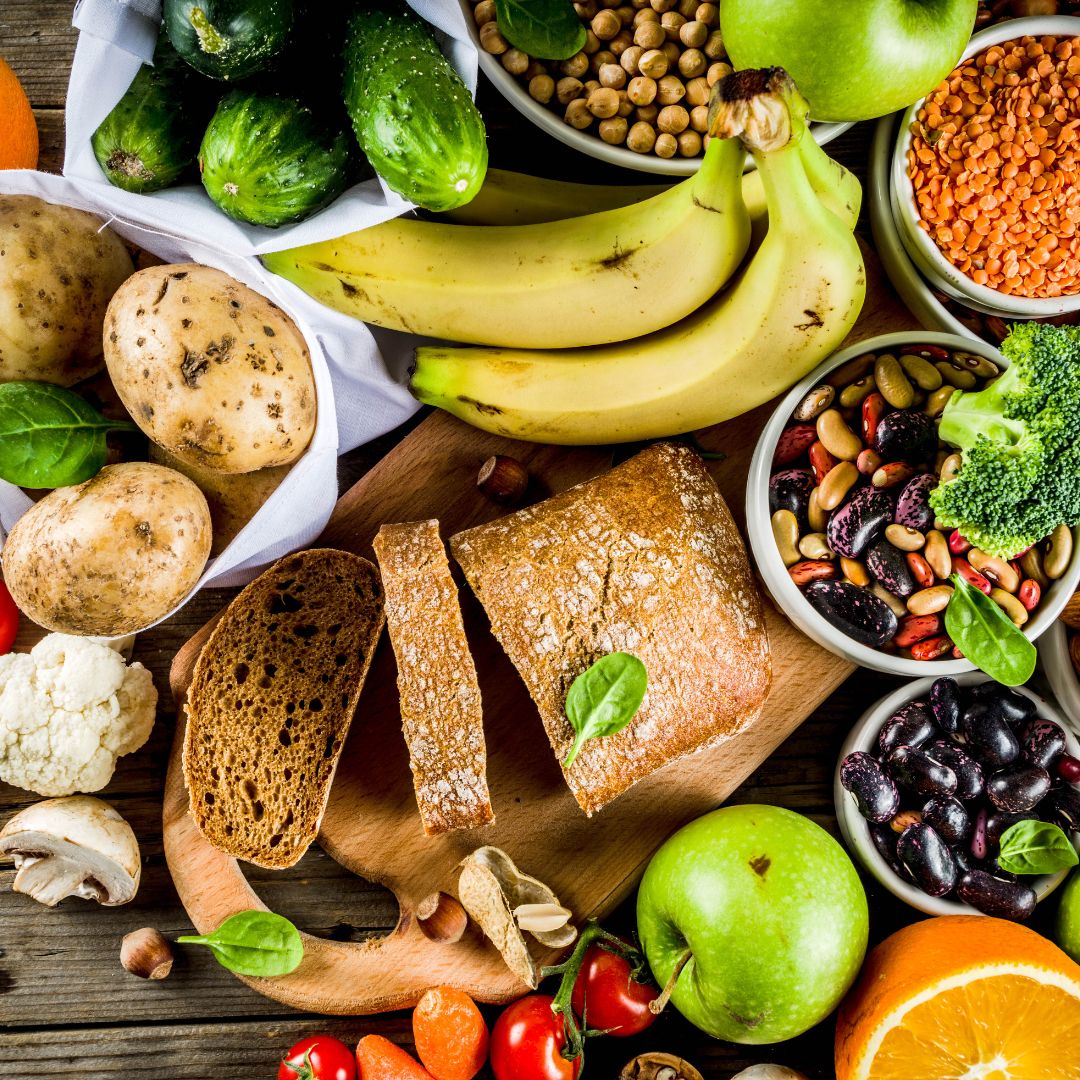
In the world of fitness and nutrition, carbohydrates often receive mixed reviews. Some athletes swear by them for peak performance, while others avoid them due to fears of weight gain or energy crashes. However, research increasingly shows that strategic carbohydrate intake is essential for optimizing athletic performance, recovery, and daily energy levels—especially when considering biological differences between men and women.
Men and women metabolize carbohydrates differently due to variations in hormonal levels, muscle composition, and energy demands. Research from the University of Bath indicates that well-timed carbohydrate intake can enhance fat oxidation during recovery periods, contradicting the common belief that carbs hinder fat loss. Additionally, a study from Trent University suggests that female athletes who strategically carbohydrate-load during certain phases of their menstrual cycle can experience greater performance benefits than men.
Women have distinct nutritional needs influenced by menstrual cycles, hormonal fluctuations, and a naturally higher reliance on fat oxidation for energy. Key considerations include:
Men generally have higher muscle mass and testosterone levels, which influence carbohydrate metabolism and overall energy requirements. Their approach to carbs should focus on:
For both men and women, timing and carb combinations matter. Research has shown that mixing low and high glycemic carbs in a 1:2 ratio can extend energy availability by up to 25% compared to consuming either type alone. This is because glucose, the monomer of carbohydrates, is absorbed at different rates depending on the carb source, influencing how long energy remains available for exercise and recovery. This means pairing quinoa with a small amount of white rice could be more effective than eating either alone.
Based on Workout Type: For full details on short, intense workouts, endurance and sustained energy, or post-workout recovery, visit our previous nutritional insights on carbs for sports.
For women: Prioritize buckwheat, quinoa, and red lentil pasta for minerals and blood sugar balance.
For men: Incorporate white rice, couscous, and red lentil pasta for energy replenishment and muscle maintenance.
Understanding the differences in carbohydrate metabolism between men and women allows athletes to make informed choices about their nutrition. Rather than adopting a one-size-fits-all approach, considering individual needs, workout intensity, and hormonal influences can lead to improved performance, better recovery, and long-term health benefits. Whether you’re training for endurance, strength, or overall fitness, choosing the right carbohydrates at the right time can be a game-changer for success. Since all digestible carbohydrates ultimately break down into glucose, the monomer of carbohydrates, understanding its role in fueling workouts and recovery can help optimize performance and long-term health.
Want to take your recovery game to the next level? Discover how carbs play a role in muscle soreness and inflammation in our next nutritional insights!